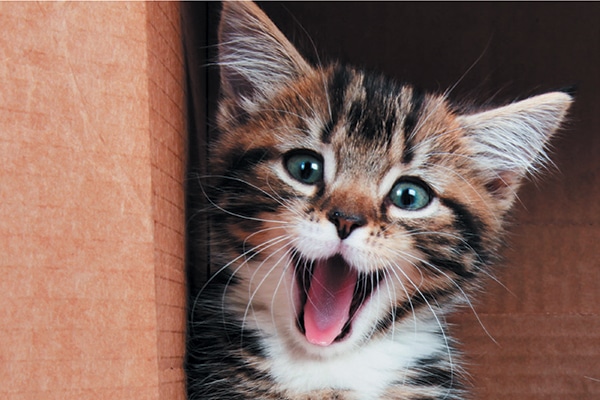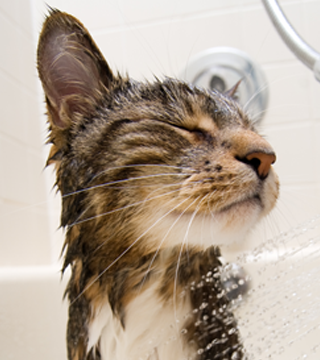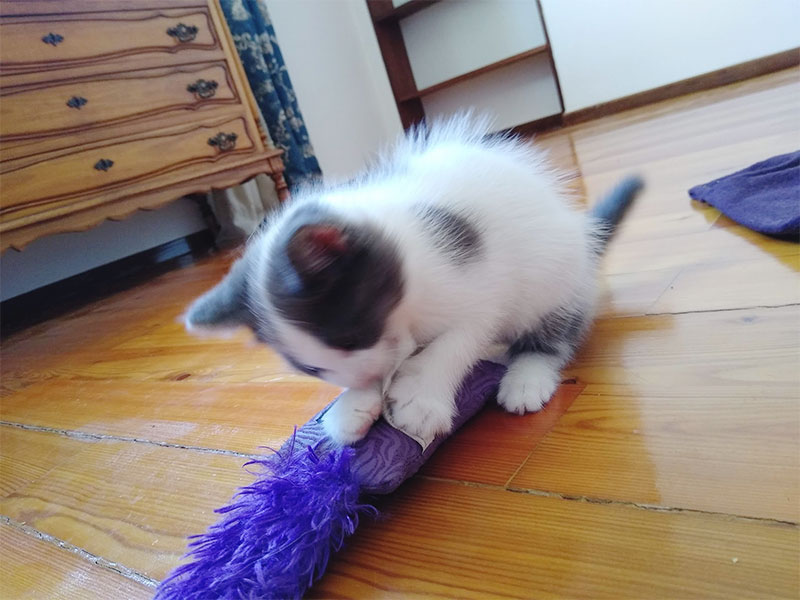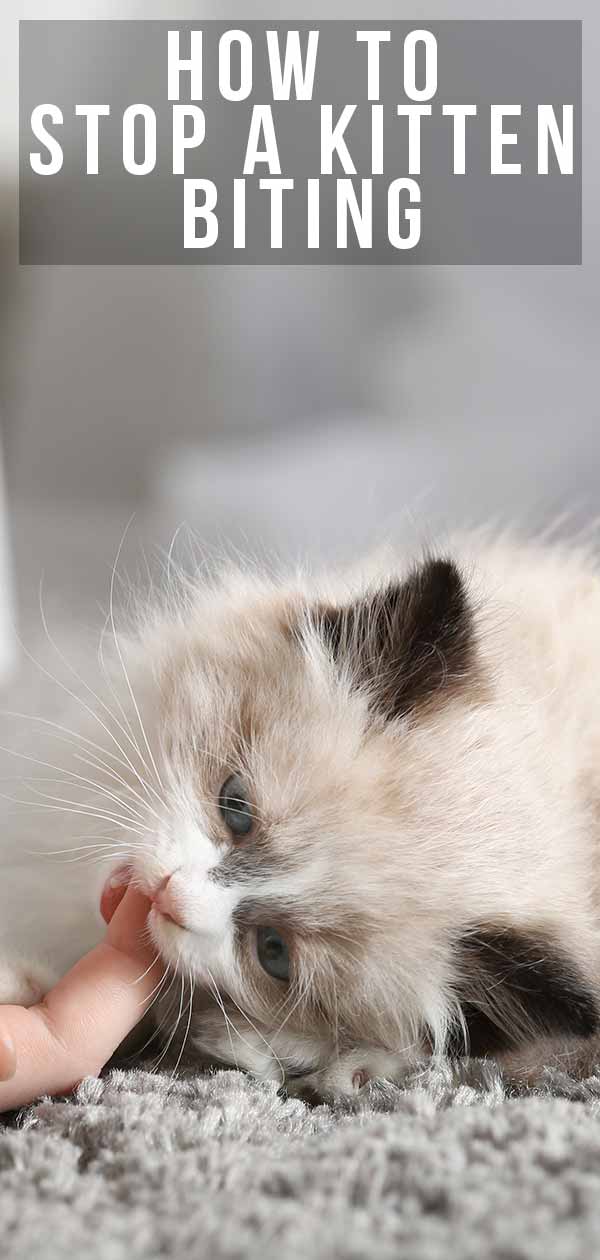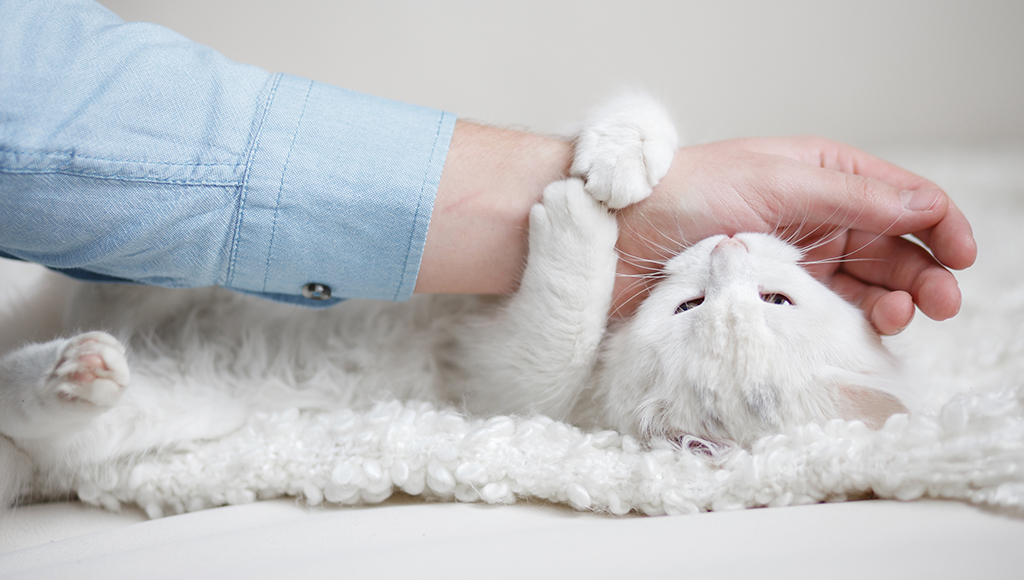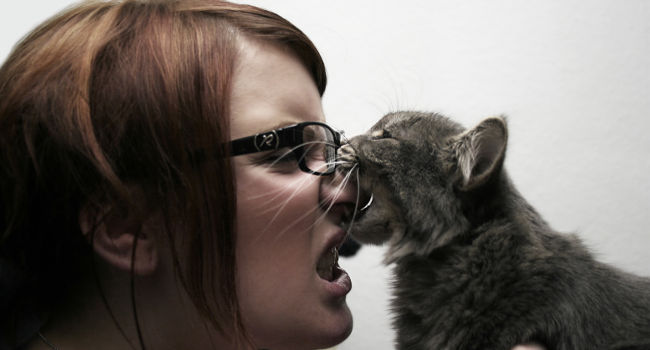Is It Normal For Kittens To Bite A Lot

Kittens start losing their baby teeth around 9 weeks of age and from that time until their adult teeth are fully grown in at 5 to 6 months you can count on lots of chewing action.
Is it normal for kittens to bite a lot. If a cat is frightened or feels threatened it will naturally try to defend itself. Biting in kittens is similar to biting behavior in puppies. Understanding why kittens bite. Here s how to stop kitten biting the right way.
Kittens love to play but when they become overexcited they often scratch and bite. This is especially true when your kitten s playmate is a young child. If you touch your cat in a sensitive area he may bite. It s is normal for cats and kittens to bite and scratch.
Because cats mouth and paw objects to explore their world it s natural for them to bite. This behavior is natural to kittens and is not a sign of hostility or fear most of the time but if left unchecked it can become a serious problem. It s just when the behavior becomes compulsive that owners should start taking notice. It is part of a normal kitten s development to play aggressively because they are learning the predatory skills that a cat in the wild would need to know for survival.
Biting is normal for felines while they live with and socialize with their littermates and mom. Biting and mouthing is a normal behavior in kittens. But kitties can learn to inhibit the force of their bites and to use soft paws without claws. It is accepted behavior within the litter and it takes time for mom to teach them otherwise.
Kittens bite and scratch while playing purring and cuddling and to cats this is completely normal behavior. On a reassuring note most kittens grow out of the aggressive stage and grow into adorable sweet natured cats who would never dream of biting or scratching you. Dodman likens more serious chewing to obsessive compulsive disorder in humans. Stacy hackett may 13th 2019.
A lot of the more extreme chewing behaviors are brought on by anxiety he says. As such some chewing by cats can be expected.

